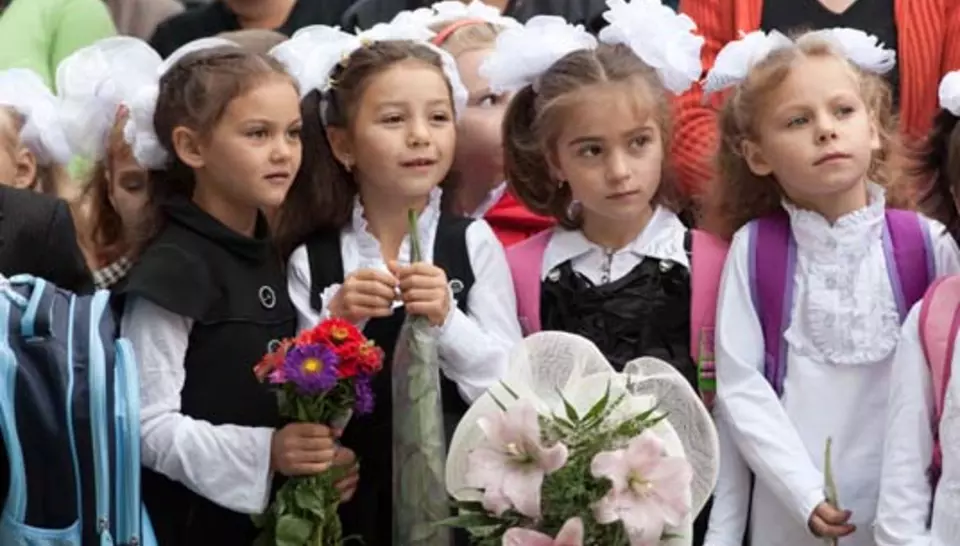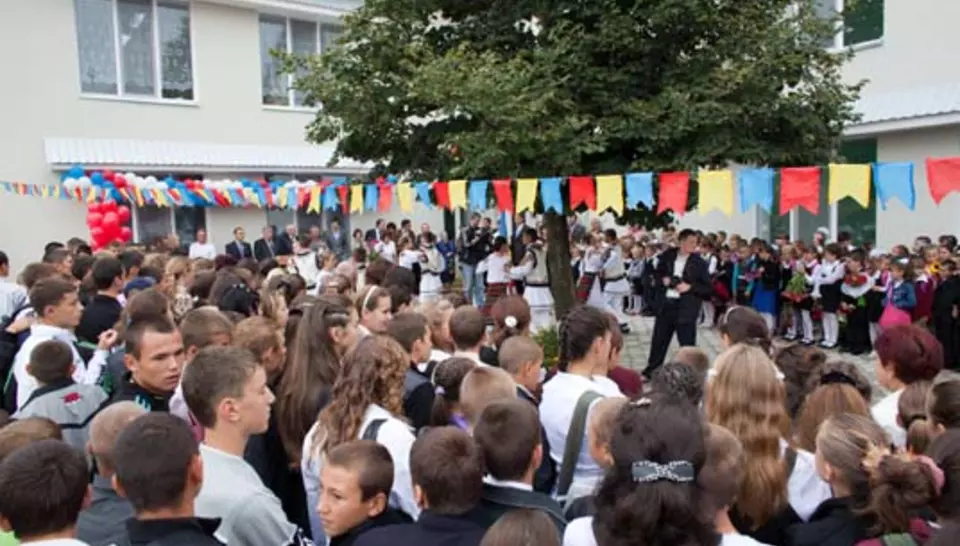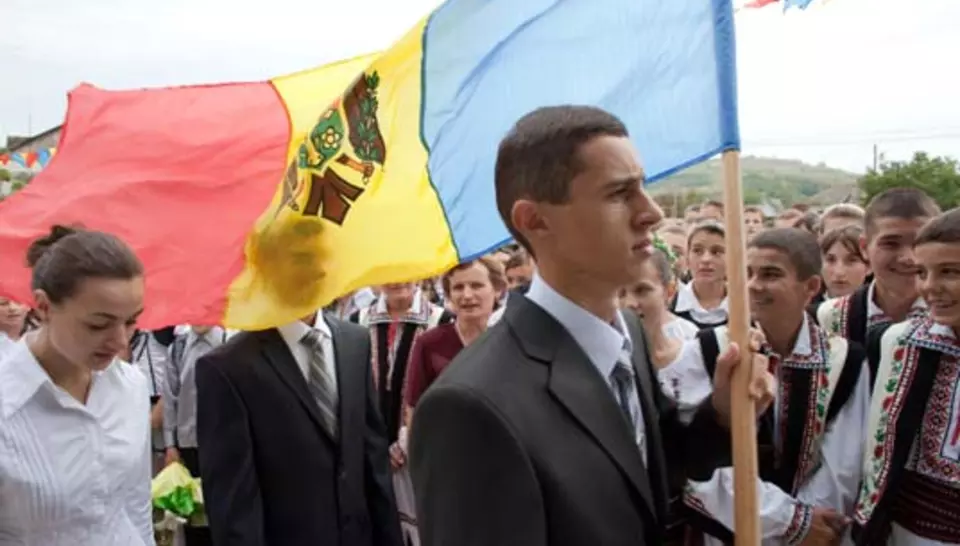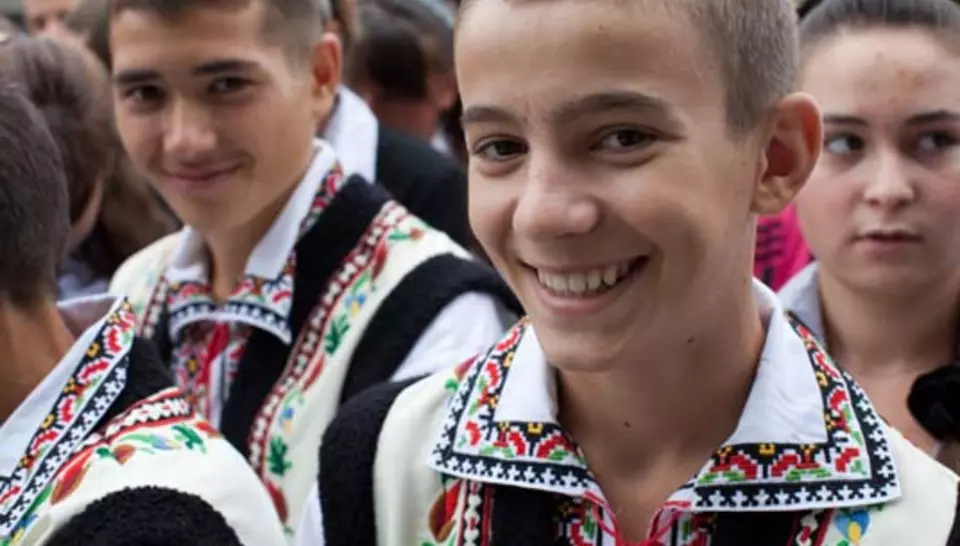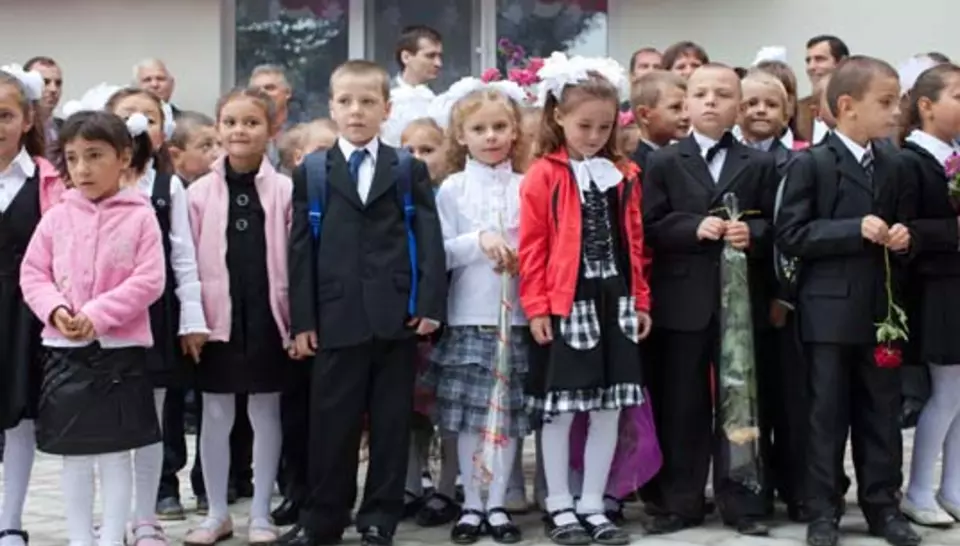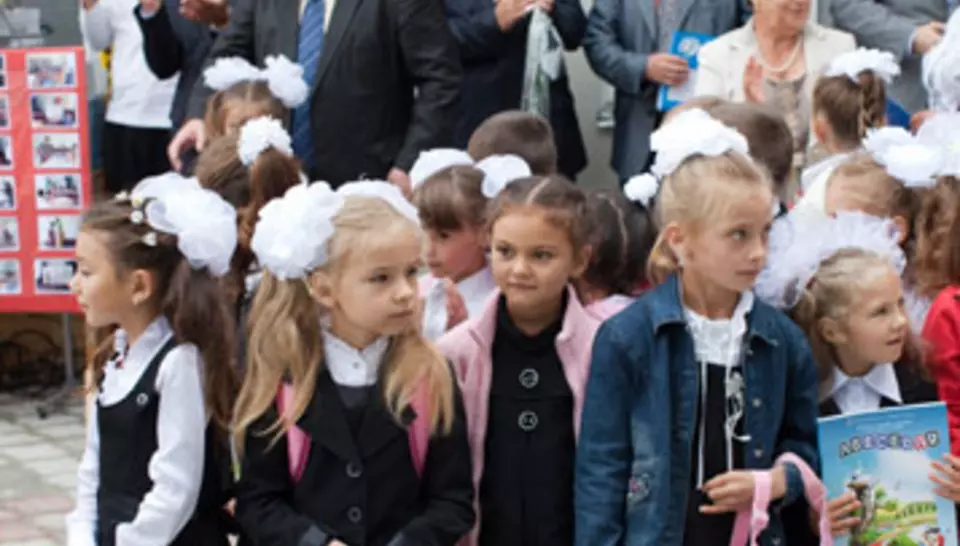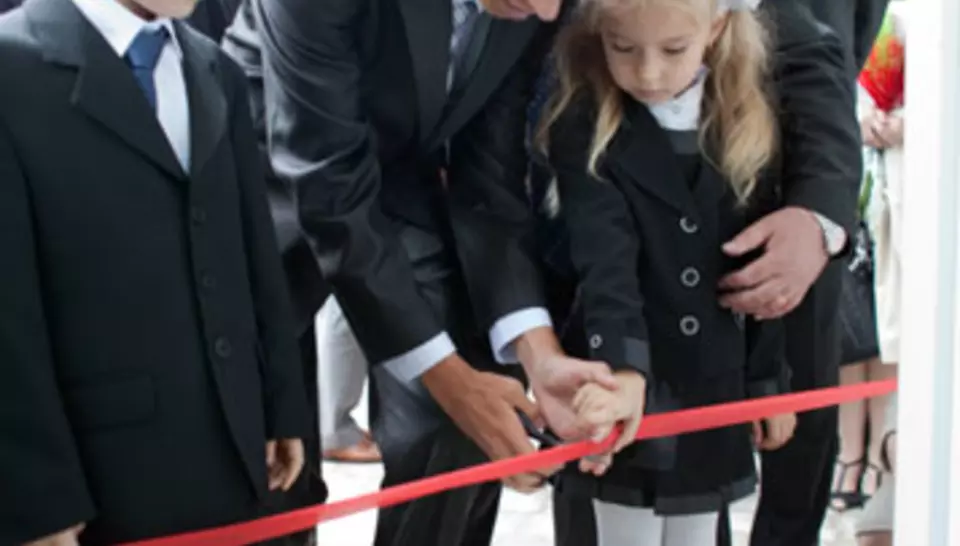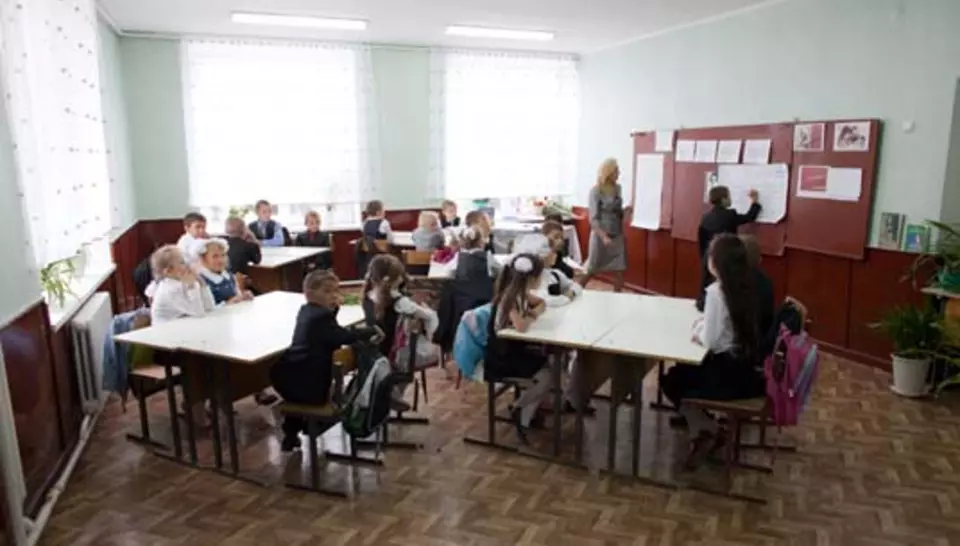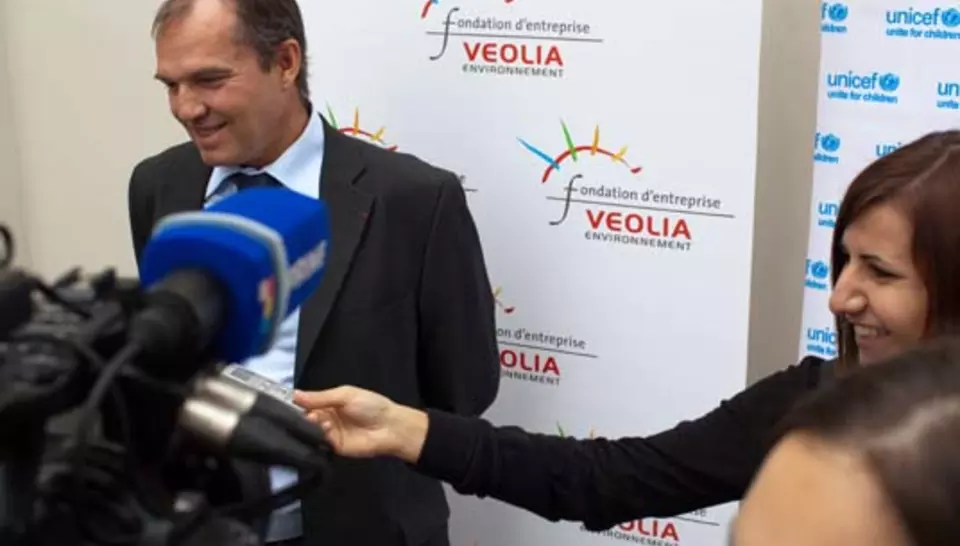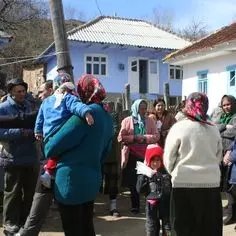
Humanitarian and Development
Place
Molesti and Sofrincani, Moldova
Sponsor
Jean-Pascal Rigolleau
Grant(s)
€150,000, board of Trustees: June 05, 2008; €45,000 to the Selection Committee at 2009/12/01
Project leader
Child Friendly Schools Unicef Moldavie
This project is part of a longstanding collaboration between the Veolia Environnement Foundation and UNICEF. Our priority was to provide the children with a better access to basic services such as water, sanitation and heating."
Jean-Pascal Rigolleau
Placing the child at the center of the school, considering his well-being comprehensively (health, nutrition, life in the family and in the community), creating an environment that favors learning, through the quality of the teachers, the educational methods and the work setting: it is in this spirit that UNICEF has for several years been promoting the concept of Child Friendly Schools already implemented in many countries (Cambodia, India, Kosovo, Mongolia, Afghanistan...).
In 2008, it is applying this program in Moldavia, an Eastern European country that has been independent since 1991, witnessing growth of some 8% per year but where 30% of the 4 million inhabitants live below the poverty threshold. (source unicef.org and unicef.fr, NB 4.2 million inhabitants with Transnistria).
This project, under a joint partnership between UNICEF and the Moldavian education authorities, concerns issues of training (capacities of the teachers, educational content), prevention (battling violence at school, rules of hygiene and living, etc.) as well as infrastructures. The idea is to ensure, for each school, access to the essential services, in other words, water, sanitation and heating, areas in which the Veolia Environment Foundation provides its technical expertise.
Access to essential services: water, sanitation and heating
To satisfy the prerequisites for success in the large-scale implementation of the approach, the schools have been invited by the Education Ministry to respond to a national contest organized by UNICEF to select the 2 pilot schools, according to the prerequisites identified during the first two assessments made by Veoliaforce in 2008, particularly in terms of permanence of the establishment, motivation of the teaching team, availability of good quality water and energy resources, and the involvement of the local populations.
The two pilot schools picked by UNICEF and the Foundation are Molesti, located near the capital, and Sofrincani, in the north of the country. The total budget, set at €115,000 for Molesti and €150,000 for Sofrincani, is 15% financed by the inhabitants.
Fully aware of the general problem of water quality in Moldavia, the Moldavian ministries in charge of education and youth, and of health, have also authorized the international organization to conduct a national audit on the quality of the water consumed in the schools. UNICEF therefore again solicited the technical support of the Foundation, which assigned two volunteers to the field to assess the capacity of the Moldavian laboratories to carry out this audit, and make optimal use of the results, in order to identify the pollutant parameters, the health risks, and the basic sanitary facilities to be provided, as well as the hygiene measures to be reinforced in the schools.
The results of these analyses thus enable UNICEF to formulate recommendations to the Moldavian authorities for reconditioning the water networks nationwide.
A global expertise for Molesti and Sofrincani schools
In 2009, the Foundation, UNICEF and FISM selected two local consulting firms to draft the specification to launch the call for tenders, according to the recommendations of the volunteers. Several local firms have been selected to carry out the works necessary to refurbish the infrastructures, especially in terms of thermal insulation, heating, water and wastewater services.
Veoliaforce volunteers, specialists in water and energy, regularly travel to the field to support the local teams, check the launching and coordination of the operations.
In one year, they have built ten sanitary blocks including separate washbasins and toilets for girls, boys and teachers, for which wastewater disposal is carried out via a network connected to a micro wastewater treatment plant. The teams are also renovating the heating and regulation system, plus the thermal insulation of the buildings: installation of new roofs, and replacement of nearly 250 wooden doors and windows by PVC elements. The lighting of the classrooms is also entirely renewed. Beyond access to essential services, the operations must also help make the school more pleasant: this has led to the refurbishment of the façades, the dining room and the floors.
Inaugurated on September 1, 2010, in the presence of the Moldavian Education Minister, UNICEF Moldavia and the Veolia Foundation, the schools today accommodate more than 300 students and some thirty teachers in an environment propitious to learning. They now enjoy permanent access to drinking water, a wastewater collection system, and heating. As to the quality of the teaching, thanks to the support of UNICEF and the Moldavian education authorities, it is dispensed by teachers trained in new educational methods, putting the child at the heart of the learning system, without any distinction of gender or social background.
But the ultimate challenge is clearly to initiate the upgrading to standards of the infrastructures and the training of teachers in of all the 1,000 schools of Moldavia, by drawing the lessons from these two initiatives to quantify and to mobilize the necessary financing.
Unicef Maroc
Domain: Humanitarian and Development
Country: Marocco
Endowment: 2004/12/07
Creation of bathroom facilities and raising awareness of hygiene in schools.
A child-friendly school
The goals of Child-Friendly Schools are to create child-centered schools which take a comprehensive view of each child's wellbeing (health, nutrition, family and community life) and create an environment that promotes learning. This ambitious UNICEF initiative in Moldova receives support from the Veolia Foundation.
> Download the article from "Planete" (pdf - 178 Ko)


